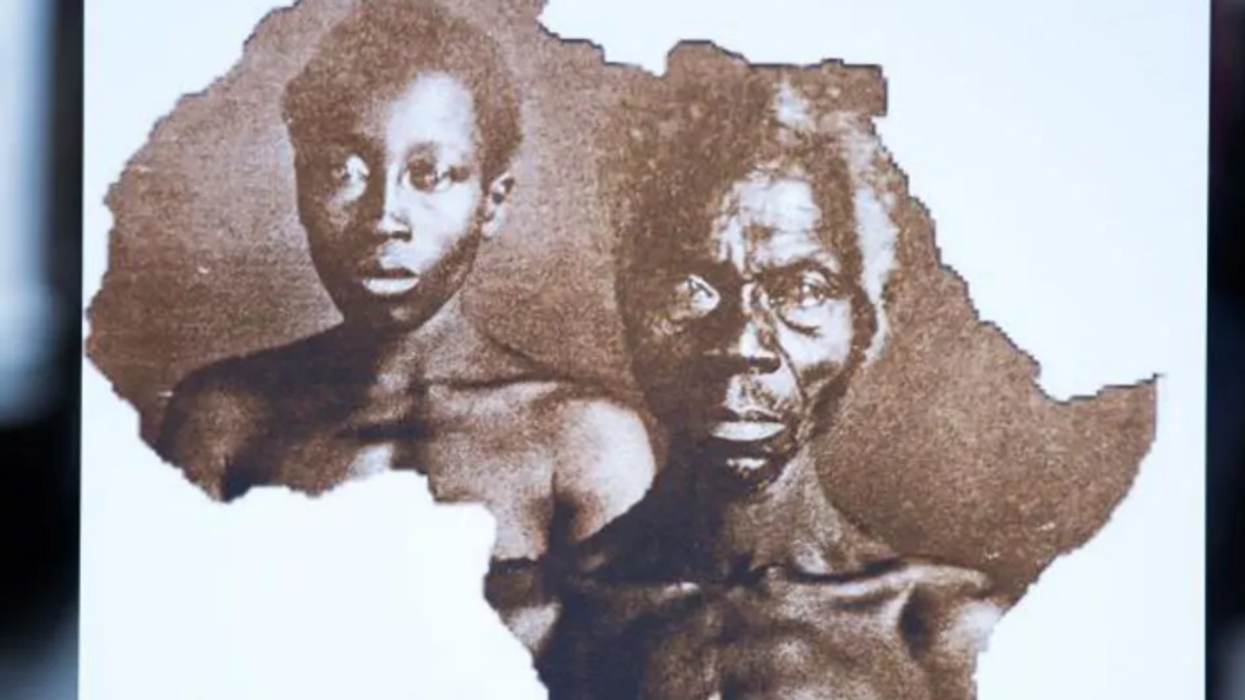Harvard University has agreed to transfer a collection of historic daguerreotypes believed to be among the earliest photographs of enslaved people in the United States to the International African American Museum in South Carolina. The move follows a protracted legal dispute with Tamara Lanier, a Connecticut author who claims to be a descendant of two of the individuals pictured.
The images, taken in 1850, depict several enslaved individuals, including a man named Renty and his daughter Delia, who were forced to pose for the photographs by Swiss-born Harvard professor and zoologist Louis Agassiz. Agassiz commissioned the daguerreotypes as part of his now-discredited research to support polygenism — the belief that different races evolved separately and unequally.
The 15 photographs, stored for decades at Harvard’s Peabody Museum of Archaeology and Ethnology, include individuals identified as Alfred, Delia, Drana, Fassena, Jack, Jem, and Renty. The images were rediscovered in 1976 and have since become central to wider discussions about American universities’ historical ties to slavery.
Ms Lanier, who filed a lawsuit against Harvard in 2019, argued that the photos were taken without consent and accused the university of profiting from them through licensing fees. Although her legal claim to ownership was dismissed in 2022 by the Massachusetts Supreme Judicial Court, she was permitted to pursue damages for emotional distress. The court also found that Harvard bore “complicity” in the “horrific actions” linked to the creation of the images.
Harvard has not confirmed whether Ms Lanier is related to the individuals in the daguerreotypes. However, the university said it had “long been eager” to transfer the images to another public institution to place them in a more appropriate context. “Harvard has long been eager to place the Zealy Daguerreotypes with another museum or other public institution to put them in the appropriate context and increase access to them for all Americans,” a university spokesperson said. They acknowledged that Ms Lanier’s claim to ownership had created “a complex situation.”
The settlement now ensures that all of the images, not just those of Renty and Delia, will be transferred to the International African American Museum in Charleston, South Carolina — the region where the individuals depicted were once enslaved. Ms Lanier described the outcome as a “homecoming” and said she was “ecstatic” with the result.
“I have always known, first of all, that I could never care for the daguerreotypes at the level they would require,” she told the BBC. “There are so many ties that bind Renty and Delia and the other enslaved people to that particular part of South Carolina that to repatriate them there would be like a homecoming ceremony.”
Although the museum did not play a role in the legal proceedings, it has supported Ms Lanier’s genealogical research. Tonya Matthews, president of the museum, said the institution would display the images with “truth and empathy.”
“These are not gentle images and the story behind how they came to be is even more difficult to hear,” Ms Matthews said. “So to be in a space that has already created room for conversations about the inhumanity of slavery and enslavement and how far those implications echo even to today is what we do and it’s our mission.”
The transfer comes amid broader efforts across the United States to confront the legacy of slavery within academic institutions. In 2016, Harvard Law School retired a crest linked to an 18th-century slaveholder following student protests and a review of its historical ties.
While Harvard has not disclosed the full terms of the settlement, the decision to relinquish the images is seen as a significant development in the ongoing dialogue about historical accountability, reparative justice, and institutional responsibility.





